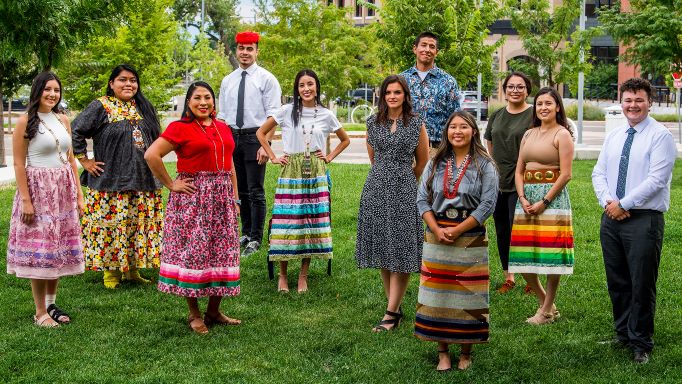Networking
Networking is one of the major key skills in finding, attaining, and growing in a professional role. If you are not familiar with networking, here is a short definition:
Networking is the act of engaging with others in some form, usually in a face-to-face context, to share information and develop contacts that can support developing interests.
The act of networking should be thought of as a short amount of time to share information on a person’s motivations, drives, or passions with others. It is not a “bragging” session with another person. The sole point to networking is to connect to people who may share the same values, interests, and passion. In that, people work to build relationships to find or link to resources to fulfill work or “dreams,” which lead to creating partnerships that may change the world.
If you are interested in growing your network and developing key relationships that can support your personal and professional growth, we encourage you to create a CONNECT profile. Once you have a profile, please reach out to others to build your support network!
CONNECT
Do you have questions about your major? How about your plan for a job after school? What skills and experience do you need to get the job you want? Why not ask someone that’s been there before!
The College Fund Connect platform allows you to identify professionals from a specific school or particular professional fields, and then ask them questions about their experience. They also post jobs and internship opportunities on the platform, so set-up your profile today and build your network!
Related Resources
Build a “STARTING LINE-UP” for Your Career
There are many people that support your education and career journey, but I recommend that everyone include the following three people on their “starting line-up” of career success – a mentor, a sponsor, and a coach.
Tribal Colleges and Universities
Tribal colleges and universities provide dynamic higher education opportunities, most on or near reservation lands. Known for their remarkable programs, culturally-relevant curricula, and familial student care – tribal colleges allow students to further their careers, attain an advanced degree, or better support their communities.


